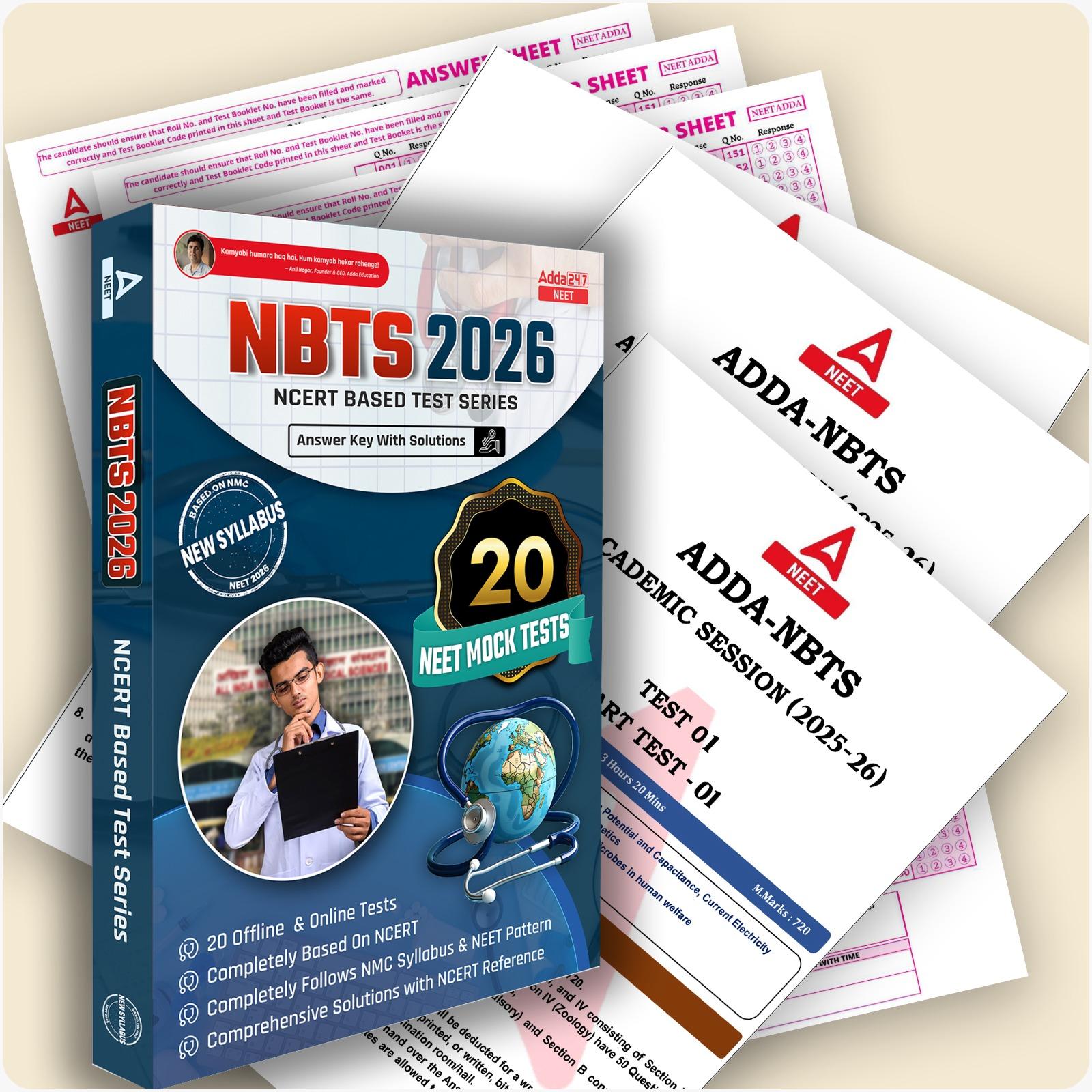With the advent of Technology, many technologies have modified and made our lives better. One such invention of the modern science is CCTV. You must have heard about CCTV and must know that it is related to surveillance or video recording. In a time where security and monitoring are essential parts of contemporary society, “CCTV” is often mentioned. In this article, we will learn about the CCTV full forma nd know its components and uses.
CCTV Full Form
“Smile, You are on camera” sounds cute than being intriguing or threatening, if you are not going to steal, or cause trouble at a public place. However, why are CCTVs important? And before everything, do you even know the full form of CCTV is Closed-circuit television? CCTVs are also known as Video Surveillance. The CCTV have been proved to be quite useful in the modern civil society in preventing crimes and maintaining law and order.
CCTV Full Form in English
The most popular CCTV full form in English is Closed Circuit Television. This system features components such as video cameras, display screens, recording equipment, etc. that are directly interconnected. This is utilized to monitor a specific location that is easily recognizable and necessitates continuous observation, in contrast to an area with little focus and few individuals available for prolonged monitoring.
CCTV surveillance extensively monitors and records various events, necessitating the avoidance of criminal activities. It is also utilized for traffic control and identifying overcrowding, damage, and injuries.
CCTV Full Form in Computer
Closed-circuit television, sometimes known as video surveillance, is an acronym for CCTV. CCTV is a network of several digital devices in which a video signal is transferred from a video camera to a specified recording or display device. To put it another way, CCTV is a full system that includes a video camera, recording equipment, and a display screen, among other things.
The video recorded by a CCTV camera is displayed on a restricted display device or recorded on a limited recording device, and this recorded signal is not publicly transmitted, implying that only a small group of people has access to the CCTV camera’s recording.
Components of CCTV
The major components used in a CCTV (Closed Circuit Television) is given below.
- Digital or analogue security cameras.
- Cables
- The video recorder of the type PVR or NVR
- Storage unit such as hard disk
- Display unit usually a screen.
Uses of CCTV
Due to its practicality, CCTV has become a significant element of the lives of ordinary people, and CCTV is now deployed in places where security is a concern, such as banks, shopping malls, traffic, hospitals, and so on.
Because CCTV provides a continuous video signal to a recording device or display device via wire transmission or wireless transmission, we can monitor any specific region and lower the risk of any type of crime.
- The main goal of a closed-circuit TV camera is to warn and prevent burglars, thieves, and other criminals.
- Several neighborhoods utilize CCTV cameras to monitor elderly individuals, children, or pets within their residences.
- The performance and productivity of the business are enhanced by the CCTV cameras.
CCTV Full Form: Advantages of CCTV
Below mentioned are the advantages of CCTVs:
- As it aids in frequent surveillance, CCTV considerably minimizes the risks of burglary or robbery in any home. CCTV also provides crucial video footage in the event of a crime, aiding the investigation process at the scene. Even the police or investigative agency receives a great deal of assistance.
- Children’s security is ensured by CCTV cameras in schools and colleges, as well as the safety of students on campus. Many schools and colleges now share a link to live CCTV surveillance with their students’ parents, allowing parents to keep an eye on their children while they are at school or college.
- Night vision CCTV cameras, in newer and improved versions, can record clear recordings even at night.
- We can now watch our office or any other location from anywhere.
- Many families utilise closed-circuit television cameras in their homes to keep an eye on their elderly relatives, children, and pets. You can even use CCTV cameras to see if the kids get home safely and if the people or pets that are at home, ate their food on time.
- CCTV cameras are always capable of witnessing and recording something incredible, unforgettable, or even bizarre. You may even look back at some of the candid moments that were only captured on CCTV.
- Closed-circuit television is used to monitor important areas like storefronts, offices, and warehouses in order to protect your assets and increase staff efficiency.
CCTV Camera History
Walter Bruch, a German engineer, invented CCTV in 1942. He set up CCTV cameras to witness the V2 rocket launch from the comfort of his own house. The first reported use of a CCTV camera system dates from 1942, however, it wasn’t until 1949 that the CCTV system was employed commercially. Vericon was founded by an American business with the goal of keeping a watch on harmful industrial processes or providing students with a close-up view of surgical operations.
In the 1970s, people were able to watch pay-per-view sports streaming because to CCTV technology.
It wasn’t until 1968 that crude CCTV systems were used in security surveillance. It was 1968 that New York became the first city in the world to install video cameras to combat crime, and since then, CCTV cameras have grown fast and unstoppably throughout the world.
When CCTV was first invented, it could only record black and white video; however, today’s CCTV can capture high-definition video, and recorded films can also be magnified. CCTV can also precisely identify a person or vehicle because it now has a Face Recognition feature.
High-tech, high-definition cameras mounted on traffic signals also keep a watchful eye on vehicles and drivers, recording the number and speed of vehicles, detecting any speed violations, and sending the data to the system with proof of recording. It is also accessible from any location.
| Related Articles | |
| CBSE Full Form | ICSE Full Form |
| CEO Full Form | SOP Full Form |
| AM PM Full Form | ACP Full Form |

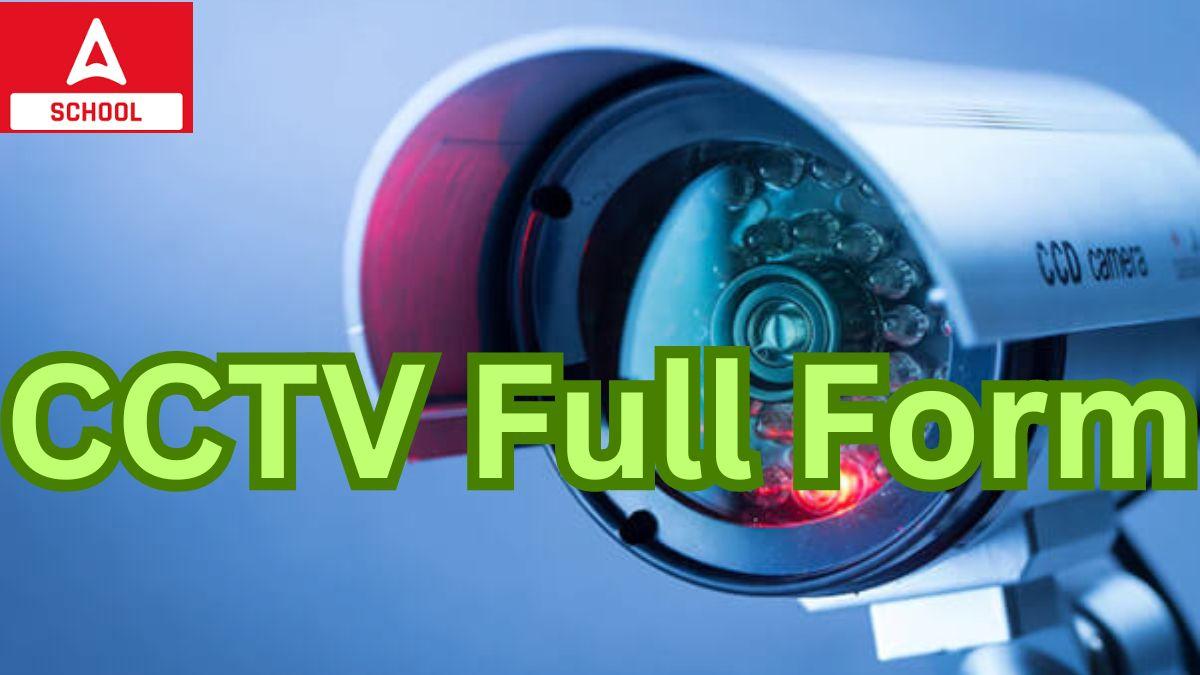







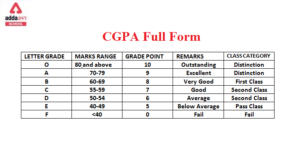 CGPA Full Form, Meaning in Hindi, Kannad...
CGPA Full Form, Meaning in Hindi, Kannad...
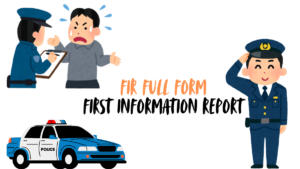 FIR Full Form, Check What is the Full Fo...
FIR Full Form, Check What is the Full Fo...
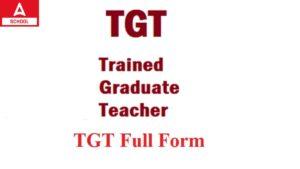 TGT Full Form, Check What is the Full Fo...
TGT Full Form, Check What is the Full Fo...
